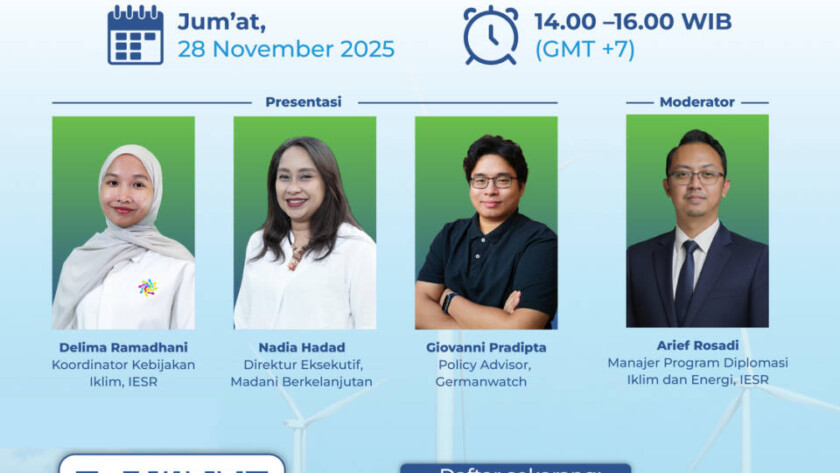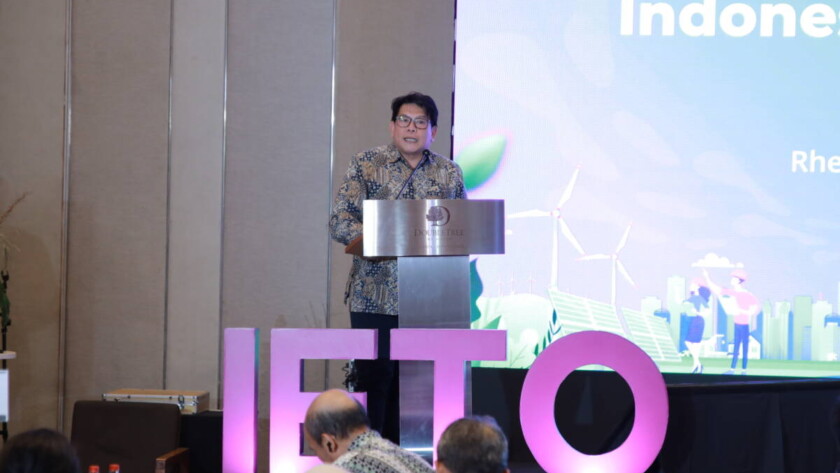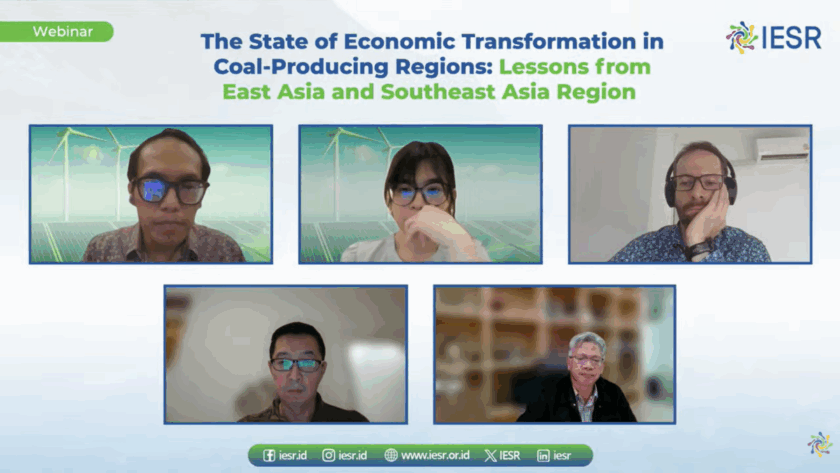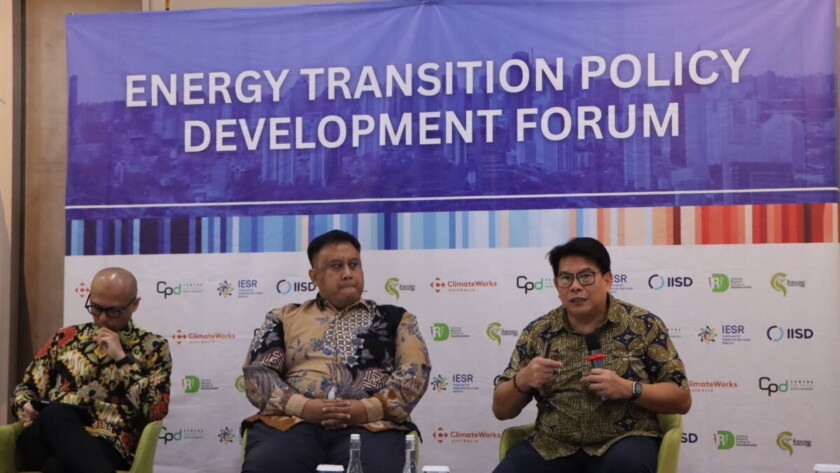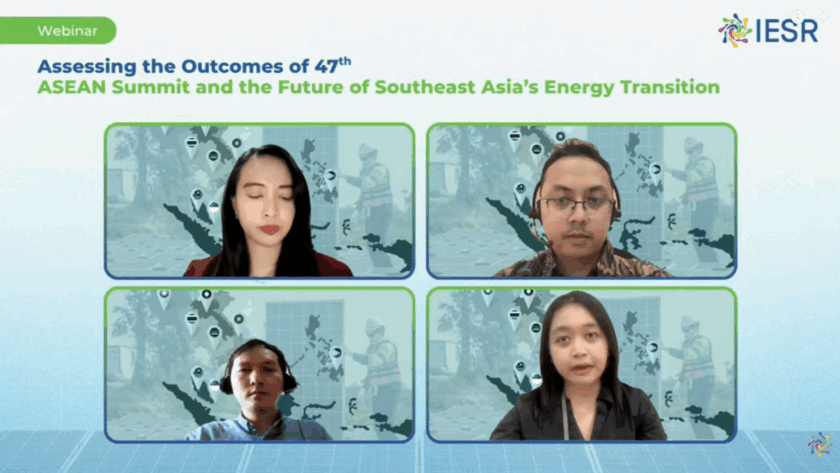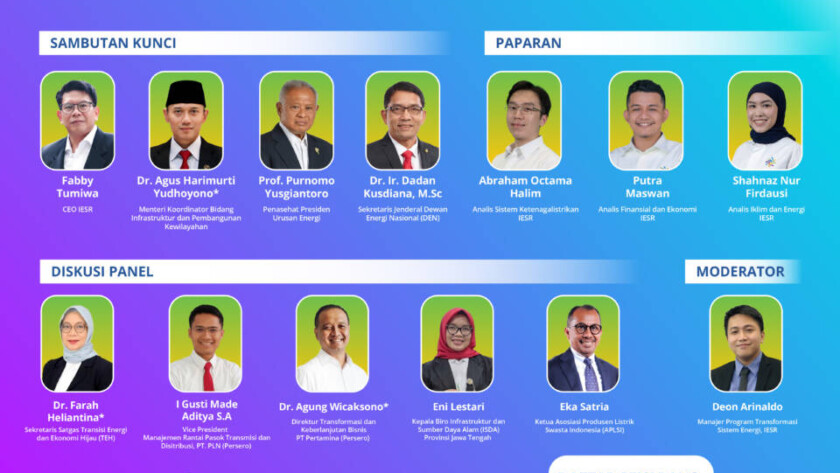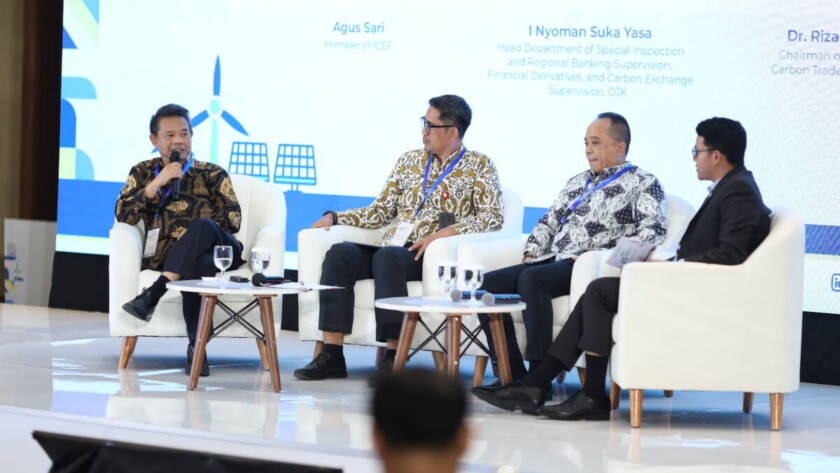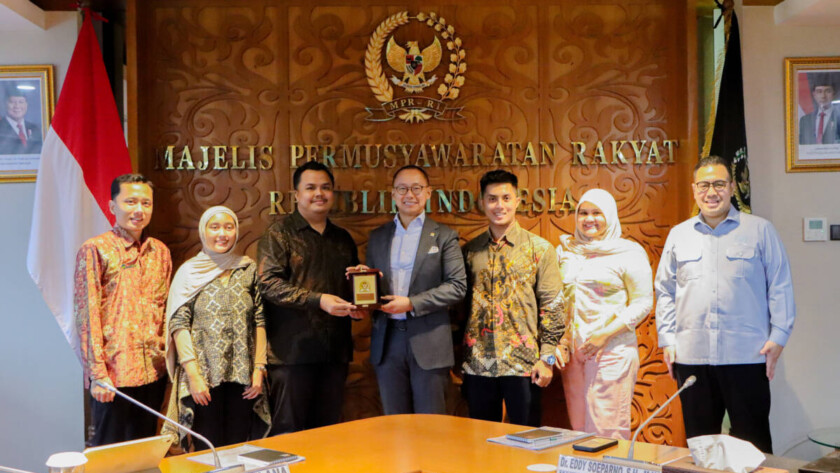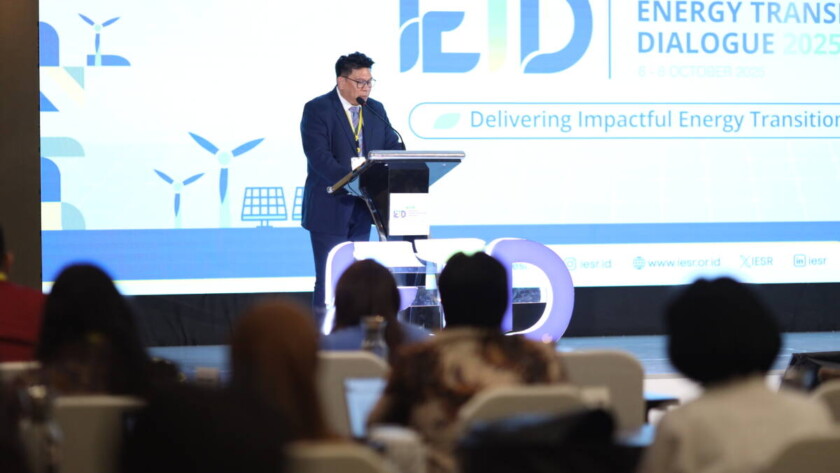Background
The UNFCCC COP30, held in Belém, Brazil, is significant because it coincides with the 10th anniversary of the Paris Agreement. Although progress has been made since its signing in 2015 in efforts to limit global temperatures to no more than 2 degrees Celsius by 2100, or to achieve the 1.5-degree target, these efforts are…
